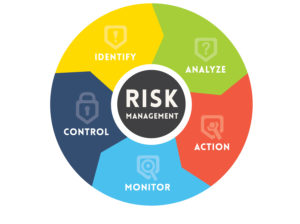The case method has its roots in the ancient techniques of Socratic dialogue or questioning, as well as Aristotelian logic and the method of argument and counter-argument. Today, the case method remains an irreplaceable cornerstone of management education in business schools across the globe.
Real-life decision-making
Cases describe real-life business situations usually involving a tricky challenge or decision being faced by the case protagonist. Class participants can ‘step into the shoes’ of the protagonist to discuss possible solutions and analyse the pros and cons of various approaches to the problem.
Within the context of real-life decision-making, students take on board new ideas and concepts, learning business and management theory while at the same time developing a wide range of vital professional and life skills, including negotiation, analysis, defending and challenging viewpoints, team and lone working, and the ability to guard against making decisions based on too little information.
A powerful teaching tool
The case method is an incredibly powerful teaching tool and is widely used at leading business schools across the globe. Cases work in the classroom to:
- challenge assumptions
- overcome prejudices
- test theories
- debate solutions
- develop work and life skills
- enhance employability.





